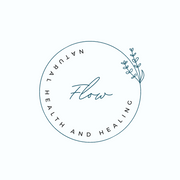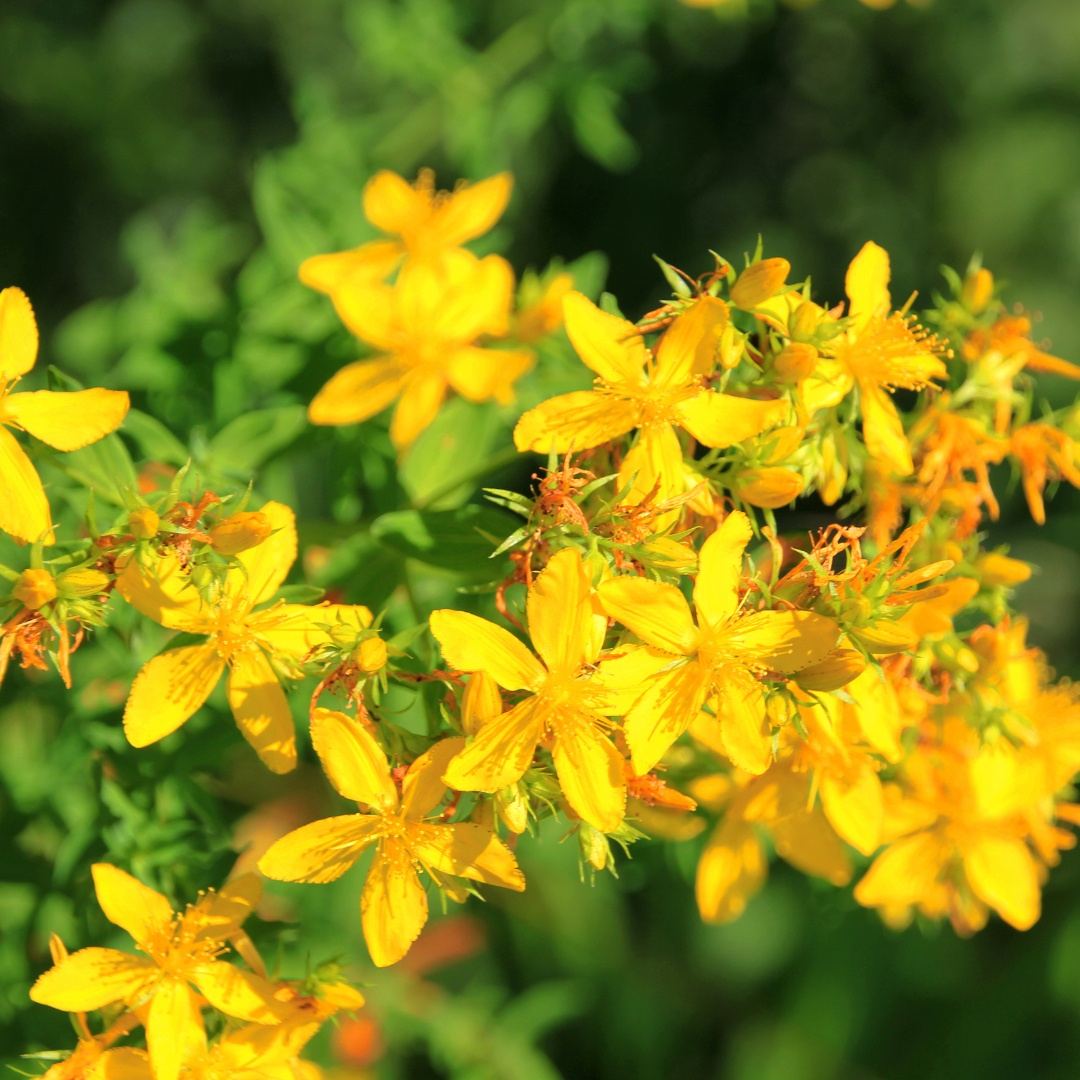As the days get shorter and darker, many of us start to notice a change in mood. For some, this consists of recurrent major depressive episodes known as Seasonal Affective Disorder (SAD). As well as depressed mood, patients tend to experience increased appetite, lack of energy, loss of interest in activities they usually enjoy and an increased duration of sleep during the winter as well. Affecting 1–3% of adults in temperate climates, SAD is a relatively common condition. Light therapy has been shown to be effective for SAD, but let's have a look at some of the natural support which may also be available to support this condition.
Saffron
A beautiful herb, Saffron is one of the most prized spices in the world. It has a vibrant golden colour (the stigma is the medicinal part) and is also used in cooking. Two active ingredients of saffron which are crocin and safranal, have been shown to have antidepressant effects. Saffron may exert its antidepressant effect by modulating serotonin levels in the brain (a mood-elevating neurotransmitter). It has also been shown to reduce depressive symptoms associated with PMS.
St Johns Wort
A review of 29 international studies suggested that St. John’s wort (SJW) is superior to placebo in patients with major depression, is similarly effective as standard antidepressants and have fewer side effects than standard antidepressants. Research also suggests that this herb may be effective in supporting those with SAD. One of the side effects of SJW is an increased sensitivity to light. The photodynamic impact of hypericum increases the effect of normal light, as if the patient were subject to continuous light therapy. Please note, SJW limits the effectiveness of many prescription medicines and should not be taken without consultation with a healthcare provider.
Vitamin D
Vitamin D plays an important role in many processes in the body. Vitamin D is made by the skin following exposure to sunlight and is believed to play a role in serotonin activity. Research suggests those with SAD produce less vitamin D, and its deficiency has been associated with clinically significant depressive symptoms. Everyone should have their vitamin D levels assessed yearly and supplement if required.
Exercise
Exercise has been shown to decrease symptoms of depression in many studies. Recent research suggests this extends to supporting those experiencing SAD. Exercise has so many benefits including improve cardiovascular health, strength and general wellbeing. Spending time outside in nature whilst exercise is incredibly beneficial for mood and general health!
There are some fantastic natural options available to support those with SAD. If you are experiencing depressive symptoms, please get in touch with your preferred health care practitioner to discuss. Depression can become severe if you don’t get effective, professional help. For some people, depression can increase the risk of suicide. Talk to your health care provider if you or someone you know may be depressed. I am available for Naturopathy support as well. Book your appointment here.

